Aramark: Here to stay or going away?
Campus dining services criticized by Tigers Against Aramark
On Oct. 21, the guest opinion article Tigers Against Aramark: The Next Step in Re-Imagining Dining On-Campus was released in the Trinitonian. Authors and Tigers Against Aramark (TAA) members Rachel Poovathoor, Brandon Niday, Joy Patterson and Ani Siva strongly oppose Aramark, Trinity’s contracted dining service business, because of its connection to prisons across the United States.
“The goal is to get rid of Aramark, but it’s also not to replace them with a dining service that’s similar in Aramark’s business practices,” Niday said of TAA’s goals. “We don’t want to see Aramark being replaced with any other private corporation that has equal or more severe investments in the prison-industrial complex and has equal or less dining quality, nutritional quality on-campus …. We’re against Aramark and other corporations that are like them, which is why we are pushing for self-dining options.”
On the other hand, Aramark deems its mission at Trinity to offer positive experiences for its customers.
“Trinity University partnered with Aramark to provide the dining experience their students and staff deserve,” according to Aramark’s website. “Rooted in service and united by our purpose, we strive to do great things for each other, our partners, our communities, and our planet.”
TAA and its members feel that Aramark is not meeting these standards, and they want to cut ties with their dining services in favor of a self-dining option. In their research report, TAA outlines how they feel that Aramark’s involvement in the prison industry is contrary to President Danny Anderson’s promise to “urgently incorporat[e] anti-racist commitments and actions.”
Aramark denies these claims that have come from many across the country.
“While we understand and respect the passionate debate around our nation’s prison system and its disproportionate impact on Black and other non-white populations, we disagree with how Aramark is being characterized and cast as part of the problem. In all our work, Aramark strives to create a better world by carefully considering our company’s environmental, economic, social and ethical impact on our dedicated employees and the communities we serve,” said the “Get the Facts” page on their website.
One of Aramark’s rebuttals to the national response to their involvement in the prisons is that their business with local governments saves taxpayers millions of dollars that instead provide other useful services to communities.
However, TAA is more concerned by what they understand to be Aramark’s perpetuation of systemic racism in the prison system and Trinity’s complacency by being one of its customers.
“The prison industrial complex affects black people I feel at more disproportionate rates than other races just because they’re incarcerated at higher rates,” Patterson said. “It made me want to teach people more about these things, like how something as simple as the dining company or your campus can be affecting people of color.”
Furthermore, some within the TU community question the decision to get rid of Aramark. They are specifically concerned about the jobs of the current Trinity dining workers. Some are unsettled that with TAA’s proposed self-dining option many beloved staff members would be out of a job.
“When people hear about Tigers Against Aramark, what they should also know in supporting us is that they would be supporting a coalition that is constantly thinking about the workers at Trinity, who we interact with daily and are only going to support solutions that support their wellbeing and their livelihood,” Poovathoor said.
Last April, after working with the Trinity Executive Leadership Team, the TAA was granted a third-party feasibility study to consider whether or not a self-dining option instead of Aramark was financially and culturally plausible.
“I do think it’s important to note that the goal of the feasibility study is simply to understand whether it’s feasible to do the self dining option. It’s not necessarily a study from the get-go that was created against Aramark to figure out the feasibility of getting rid of Aramark,” Poovathoor said.
It was also addressed that the study will take into account Trinity dining employees.
“Part of the feasibility study is to figure out the most feasible way to introduce the self-dining local option, but still pay fair, more than fair wages to employees, provide comparable or better benefits packages and to take care of the people and not fire them on behalf of us finding [a] local option,” Poovathoor said.
Overall, the future of Trinity dining services may or may not look different than it does now. When the feasibility study’s results are released within the next few months, there will be an update.
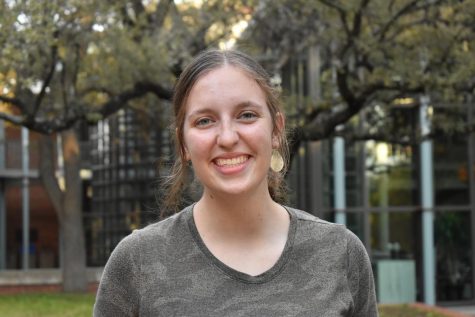
Hello, y'all! I'm Abby Power, and I am a sophomore news reporter from Kyle, Texas. I intend to major in Political Science, Spanish, and Global Latinx Studies....
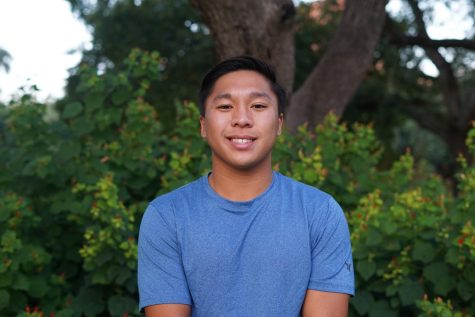
I am a senior photographer from Houston, Texas majoring in Biology on the pre-PA track. I love sports photography and just being able to capture a moment...

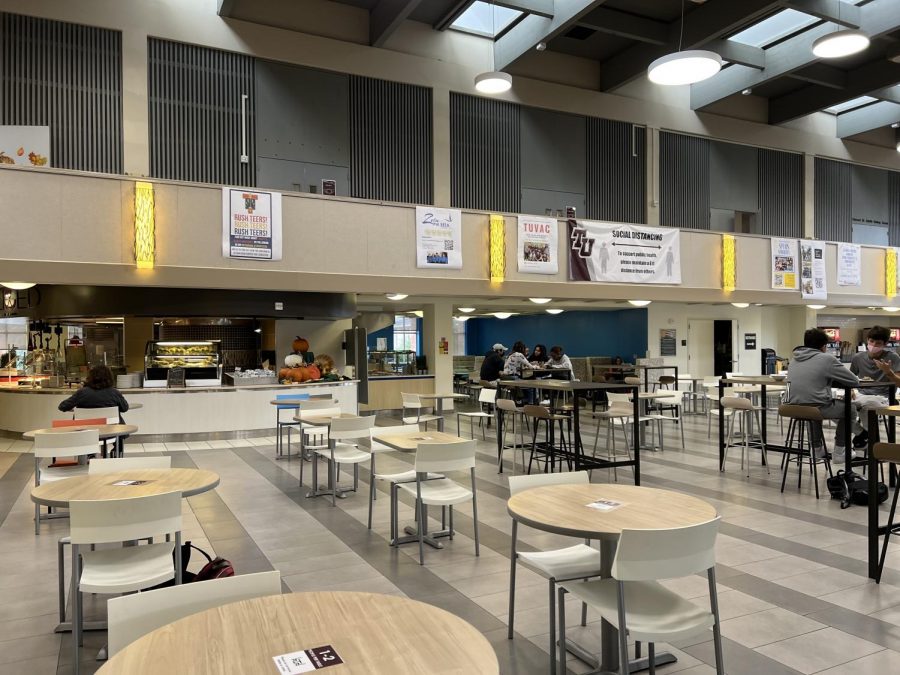
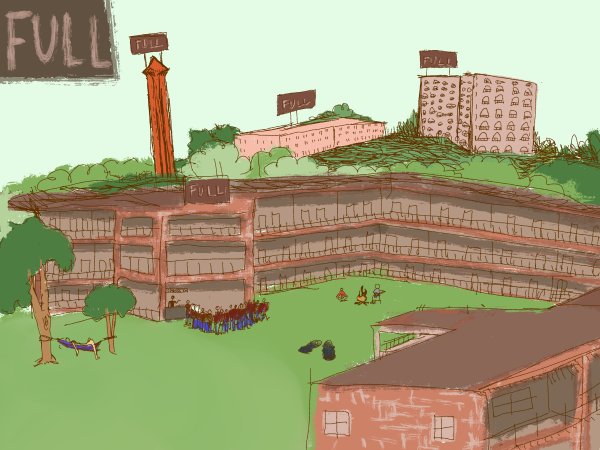




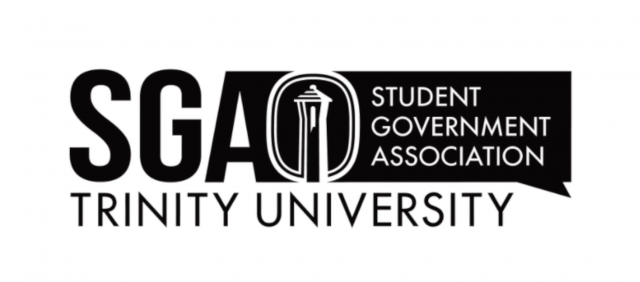


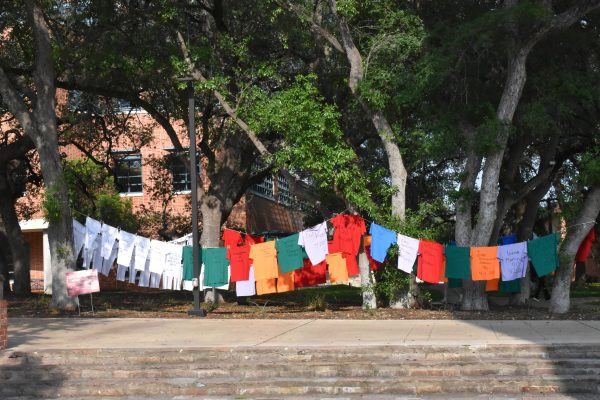

Jacob klementich • Nov 25, 2022 at 9:35 pm
My name is Jacob I have been employed at Minute Maid Park for the 2022 season and I am currently working at NRG Stadium I have been in jail and in the state of Texas prison system I also have a new disability physical and mental yet Aramark hired me